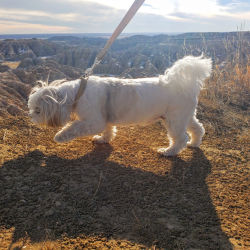Origins and Temperament
The German Shorthaired Pointer, a versatile hunter bred in Germany during the 19th century, is known for its intelligence, energy, and friendly nature. Initially developed to assist hunters, this breed embodies robustness and versatility, now widely adored as both a capable sporting dog and a loyal family pet. Their eagerness to please and sociable temperament can greatly influence their travel needs, as they may exhibit separation anxiety if away from their owners for long periods or may struggle with confinement if not properly conditioned.
Size and Physical Needs
Averaging between 45 to 70 pounds, the German Shorthaired Pointer's size and substantial exercise requirements necessitate ample space and opportunities for physical activity during travel. Vital to their well-being, these dogs should be transported in spacious carriers or vehicles providing freedom of movement. Their innate athleticism calls for additional stops and exercise during extended trips to satisfy their high energy levels.
Common Health Considerations
Common health concerns for the breed include hip dysplasia, bloat, and ear infections. For travel, health documentation like vaccination records and a recent vet check-up are prerequisites to ensure they're fit to travel. Preventative steps, such as a secure, comfortable travel crate and regular monitoring, are crucial to safe and stress-free transport.
















